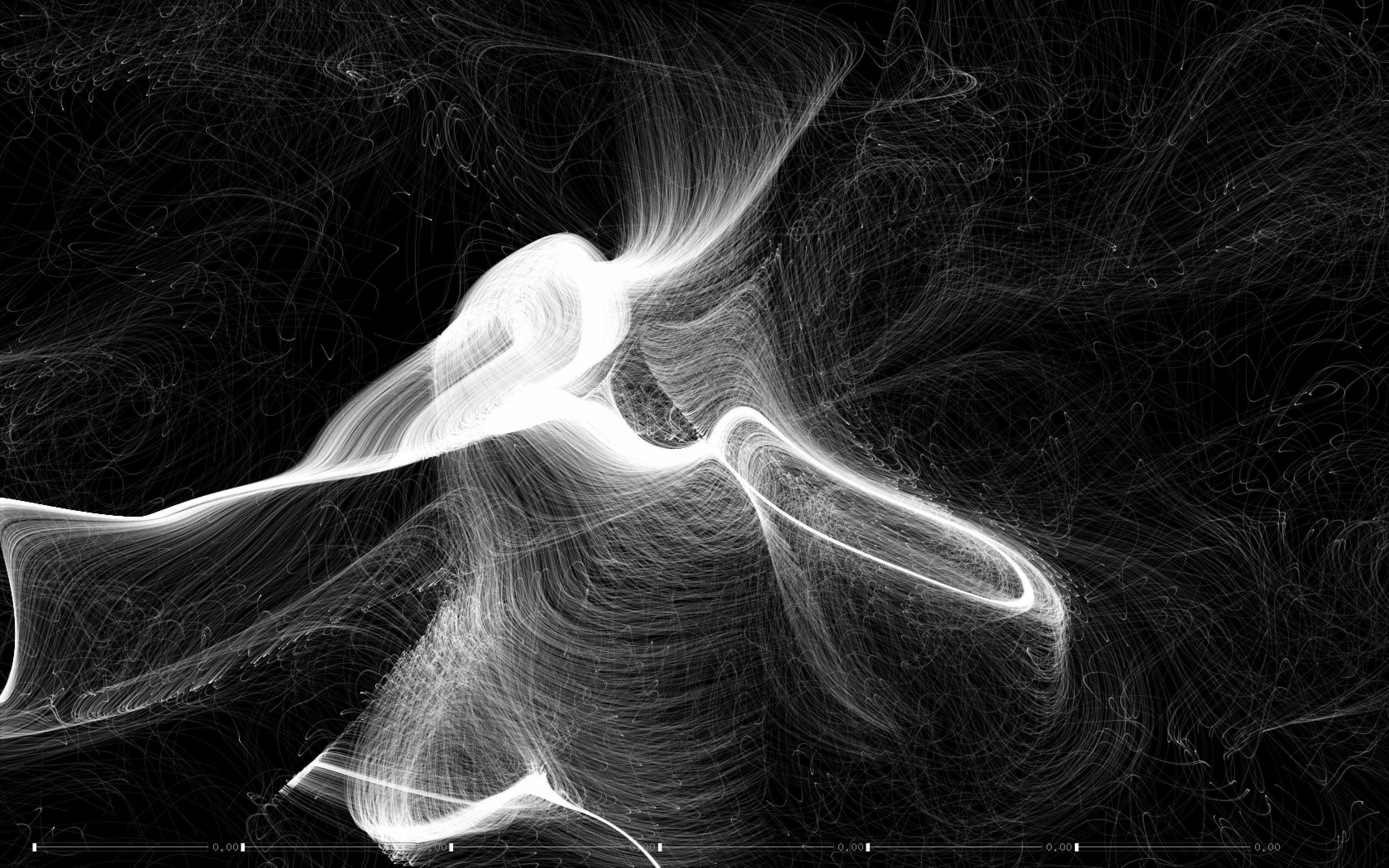
Location: Spektrum (Berlin, D), Ludwig Museum (Budapest, H), Vasulka Kitchen (Brno, CZ)
Format: Lecture performance, algorithm visualization & sonification
Year: 2018
Bricolage is a lecture performance that is investigating chance operations, ancient permutational methods, cutting edge machine learning algorithms and the role of computational thinking in general. It is a byproduct of an ongoing research that is studying algorithmic thinking in culture, society, art and other representational systems.
"Problems arise when mathematical notion of generality is applied in the sociocultural field. [...] The computational mindset thus obscures dimensions of, say, embodied activities, precisely because they are not amenable to algorithmic conceptualization. [...] This is important in the contemporary cultural context, in which 'computing' has metamorphosed from mathematical calculation of already quantified (i.e., engineering or financial) data to embrace all manner of cultural practices, aspects of which may be inherently incomputable."
Simon Penny, in: "Making sense: Cognition, Computing, Art, and Embodiment (MIT Press London, 2017, p.95)
In Bricolage, software (code) based interpretations are completed with textual descriptions and verbal connotations, raising questions, critical thinking and philosophical aspects on our data driven society.
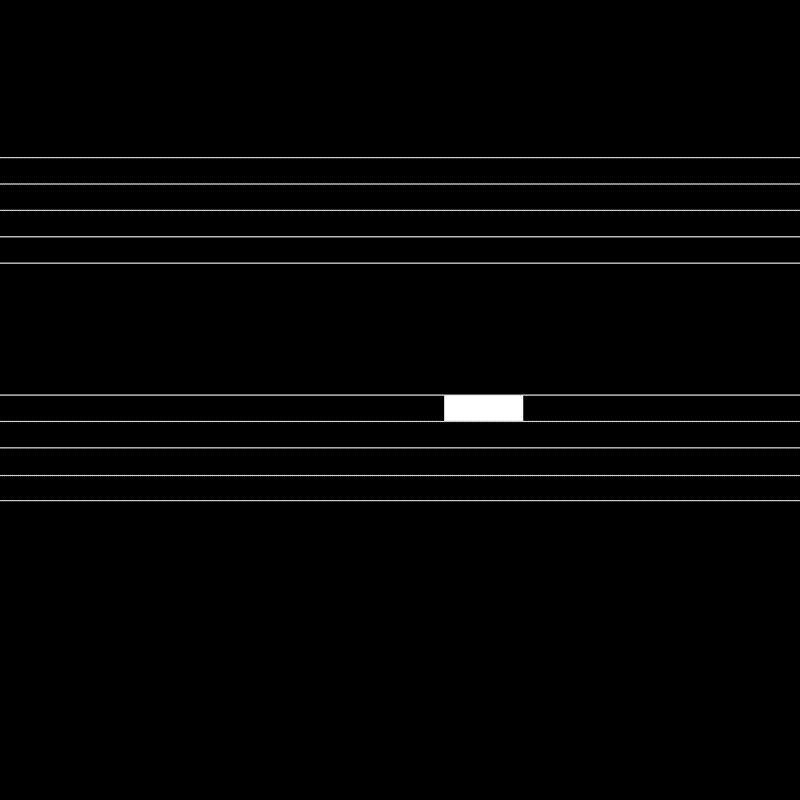
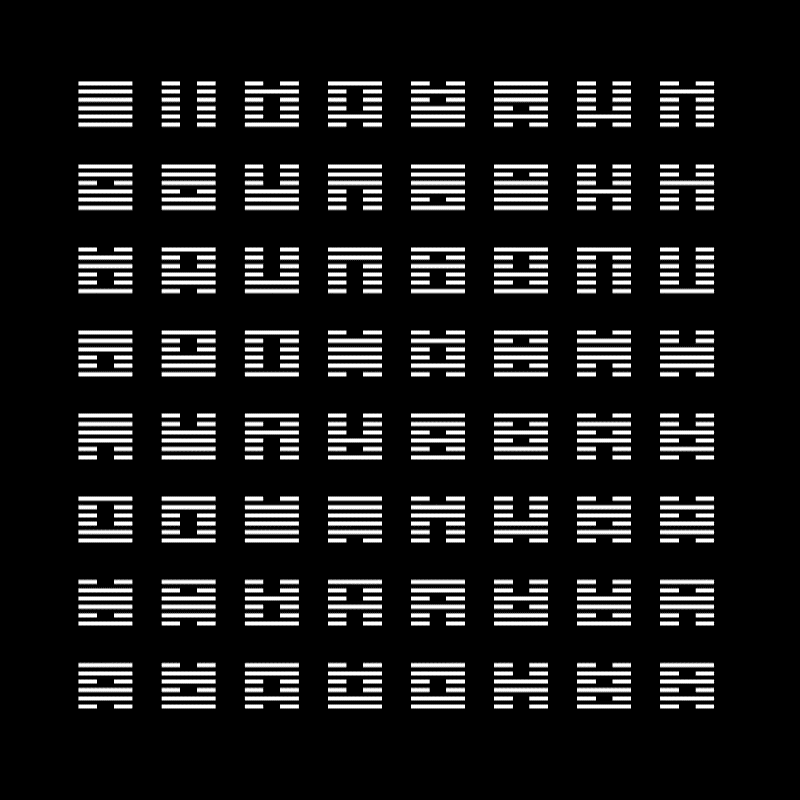
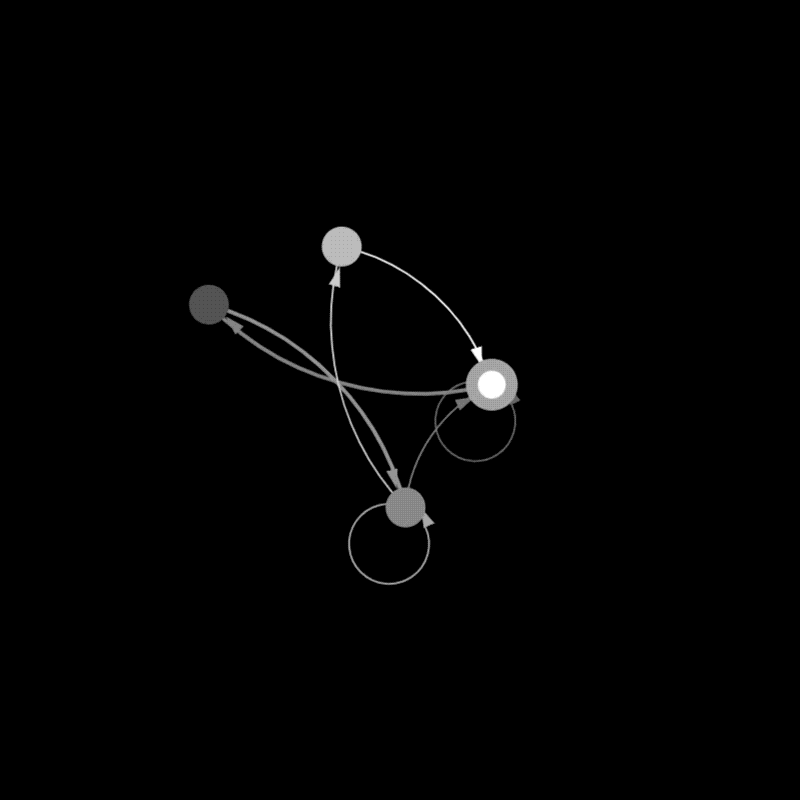
Borrowing from the methods of Fluxus & some of the lectures from 1960s by John Cage, the overall guidance of the piece relies on asking questions, thus opening territories for self reference, altruist philosophical thoughts that are dealing with media, communication and existentialism. These questions are deeply open and philosophical, operating on levels that are uncomputable per se. This narrative is coupled (collided) with strong abstract visuals and sonic elements that are making well known and widely used procedural systems and structures perceivable.
The overal components of the piece include mathematical simulations (conway's game of life, one dimensional reaction diffusion and other cellular automations), probability distributions that are being sonified and visualized in order to represent basic interrelationships in artificial systems that are modelling natural processes. These simple, rule based simulations are then extended into the directions of environment aware machine intelligence, through the introduction and visualization of markov chains, and agent based reinforcement learning.
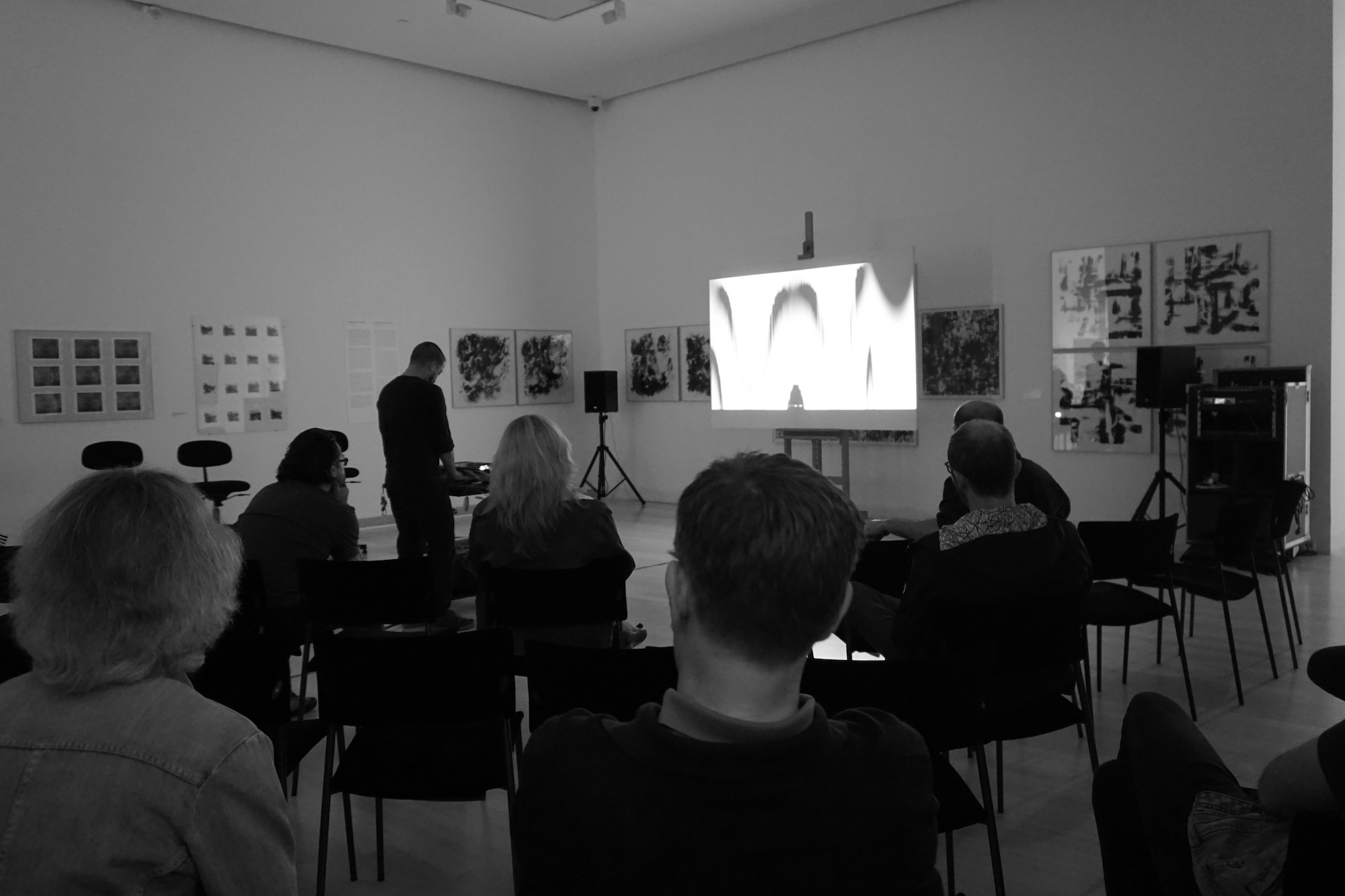
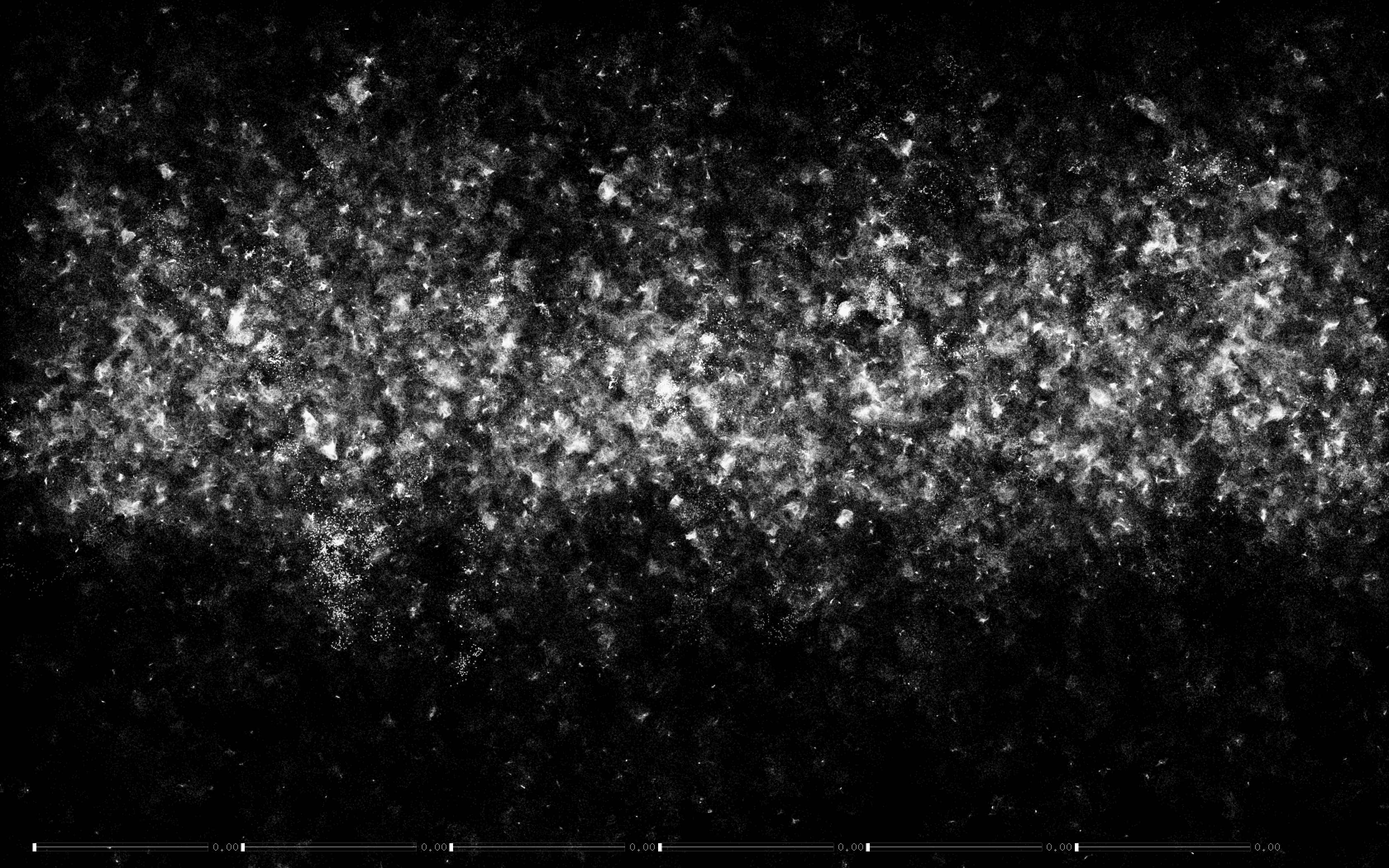
The goal of this piece is to highlight the very human nature of our existence, where - as opposed to the suggestion of contemporary mainstream computational culture - not everything can be measured, thus not everything is computable, but the universe is habited with unknown territories, invisible corners and not yet discovered constellations.
Binaura © 2025